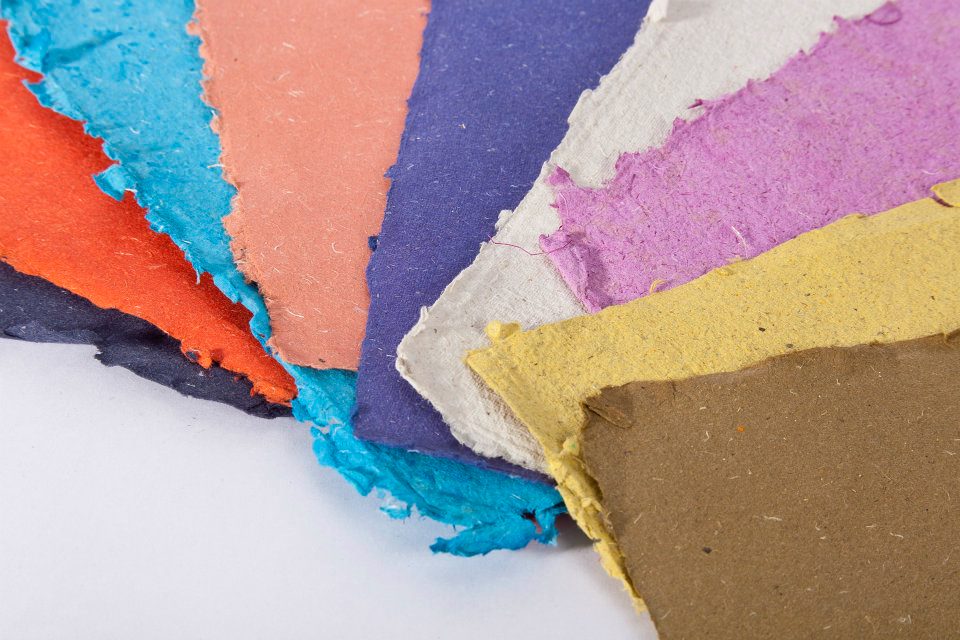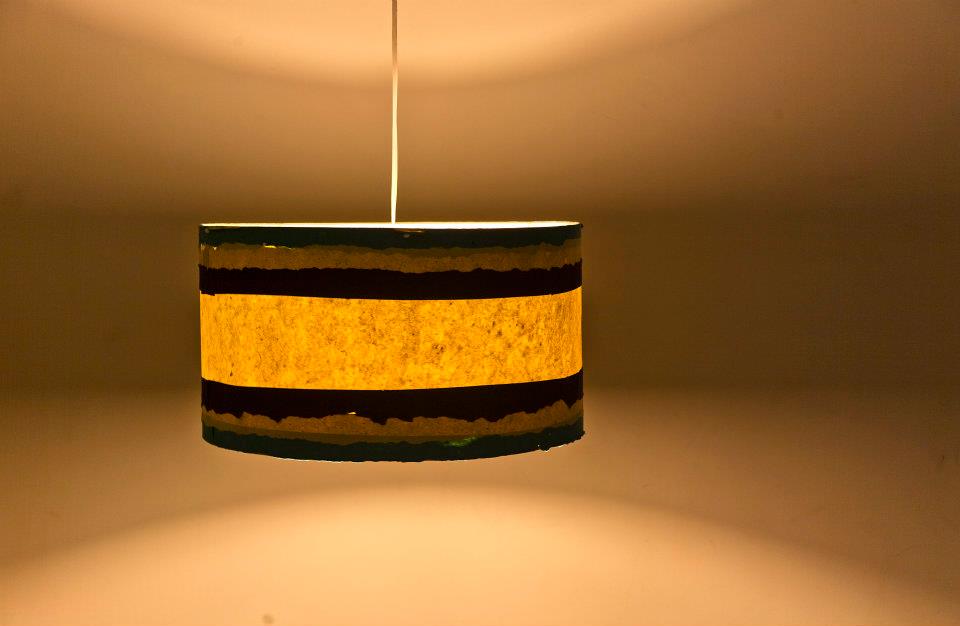The story of Tamul Plates is also a story of patience… and enormous entrepreneurial fortitude. Upaya CEO Kate Cochran shares our journey with Tamul Plates after her visit to Assam and Upaya’s exit from this longstanding investment.
Upaya Social Ventures Announces Successful Exit from Tamul Plates
Upaya Social Ventures today announced its exit from its longstanding equity position in Tamul Plates, an Assam-based social enterprise that produces and markets high-quality, all-natural disposable plates and bowls made from arecanut (palm) tree leaves, all while creating jobs throughout a sustainable value chain.
Upaya Invests in Kolkata-based Maitri Livelihood Services, Promotes Expansion of Sahayika Caregiver Program in India's Northeast
Upaya Social Ventures is proud to announce that it has invested in Kolkata-based caregivers training and placement company Maitri Livelihood Services Private Limited (Maitri).
Maitri recruits, trains, certifies, and creates fair and dignified employment opportunities for women from vulnerable backgrounds in East and Northeast India through its flagship “Sahayika” (one who helps) initiative. The company will receive funding and business development support through Upaya’s LiftUP Project framework.
“Domestic workers are vulnerable to socio-economic exploitation because they are unorganized and poorly skilled. At the same time, millions of employers find it difficult to get skilled, reliable, trustworthy domestic workers. Maitri’s Sahayika programme is hence designed to assure dignity, recognition and fair wage to domestic workers. While doing so, Maitri is also addressing a pressing problem faced by millions of families in urban India.” said Maitri’s founder and Managing Director, Gitali Thakur, an Assam native and 13 year veteran of livelihood promotion. “The company is building a safe ecosystem for women who would otherwise be vulnerable to an informal sector fraught with exploitative agents and little regulation,” said Thakur.
The Sahayika initiative is designed to build both the technical and interpersonal skills needed by domestic workers. Sahayikas receive training on a variety of home-based care services including cooking and housekeeping, child care (including health and safety skills), and geriatric and patient care. The company also verifies that the prospective employer’s household does not have a history of issues with domestic service workers, sets clear expectations for the nature of work, and briefs the family on the prospective Sahayika’s background, skills, and employment preferences. Furthermore, Maitri takes this time to educate each Sahayika on her employee rights including a regular salary, paid leave, a bank account, and other benefits enjoyed by her formal service sector counterparts. This extra effort creates trust and an open communication channel between Maitri, the Sahayikas, and the family.
Maitri is currently placing Sahayikas through two centers in Guwahati, Assam. It is also in the process of launching four new centers across Assam and Kolkata. Each center places a minimum of 25 Sahayikas per month.
“Maitri’s creation of dignified, stable jobs with opportunities for skill building makes it a natural fit within Upaya’s LiftUP Project framework,” said Upaya’s Director, Business Development Sreejith Nedumpully. “Maitri’s commitment to its Sahayikas allows each woman to not only earn a higher wage but also possess a greater degree of dignity and self-respect,” said Nedumpully.
"Tamul Plates Social Impact Report: 2014 Baseline" Now Available
During the summer of 2014, the Upaya staff and Tamul Plates management began work on this Social Performance report to document the economic and social background of the company’s beneficiaries. This report provides a snapshot of social metrics for 95 of Tamul Plates’ beneficiaries, serving as the baseline for reporting their progress out of poverty over time.
Surveyors interviewed Tamul Plates beneficiaries across ten districts of Northeast India. For the purposes of this report, the respondents were broken into two geographic groups - the Lower Assam Group and the Upper Assam Group. Beneficiaries were evaluated across key social and economic metrics, including income, education, assets, and expenditure. Among the highlights:
- Households in the Lower Assam Group have a higher likelihood of falling below the $1.25-a-day poverty line than those in the Upper Assam Group. In particular, leaf plate producers (32 percent in the Lower Assam Group, and 36 percent in the Upper Assam Group) and raw material collectors (28 percent in both respondent groups) are the most likely to fall below the poverty line among Tamul Plates beneficiaries.
- Leaf plate producers are highly dependent on Tamul Plates, with income from Tamul Plates-related activities constituting the primary source of income for a vast majority of households across the Lower and Upper Assam Groups.
- Households spend roughly 50 percent of their total monthly expenses on food alone. Expenditure on school for children and miscellaneous (unplanned) expenses form the next two biggest categories. Savings constitute a very small component of total expense for households at 6–7 percent.
A midline (check-in) survey will be conducted after 12 months for the same group of beneficiaries to measure the changes in income levels and quality-of-life indicators. Click here to download the full report.
Upaya Profiled on Stanford Social Innovation Review
Upaya was honored to have longtime supporter Suzanne Skees join our most recent visit to our partners in Assam and Uttar Pradesh.
You can read about her trip and what we all learned on the Stanford Social Innovation Review blog.
Elrhino and Upaya Social Ventures Come Together to Create Jobs, Protect Wildlife in Assam
Upaya Social Ventures is proud to announce that it has begun work with Guwahati, Assam-based Elrhino, a promising venture with an unlikely product - handcrafted luxury paper, stationery products, and packaging materials made from recycled rhinoceros and elephant dung and other natural waste. The company will receive seed capital and ongoing business development support from Upaya through the latter’s LiftUP Project framework.
Elrhino manages the entire dung paper production chain including collection, preparation, processing, and sale of finished dung paper goods. The company is led by Nisha Bora, a young Assam native who is building on the work begun by her father over three years ago to create new livelihoods and increase the value of rhinoceros and elephants to local villagers. In the two years since its creation, Elrhino has made its mark in the Indian market as well as in France, and has created significant brand equity.
“We started Elrhino because we wanted to see Assam and its rhinos thrive,” said Elrhino CEO Nisha Bora. “We are creating opportunities for people to earn a truly sustainable living, one that provides economic stability for families and encourages people to preserve the natural habitats of these great animals,” said Bora.
Elrhino sees opportunities to create jobs for and build the skills of people - in the rural areas around Guwahati and the reserve forests of Assam. With its current infrastructure, Elrhino has the capacity to produce 15 tonnes of paper per year, which at capacity will equate to approximately 100 full-time jobs in paper processing and an additional 500 part-time jobs through a combination of resource collection and value-add production.
“We are committed to creating rural livelihoods and a skilled workforce in Assam,” said Sreejith Nedumpully, Upaya’s Director, Business Development. “At Elrhino, people learn two skill sets: how to make paper, and how to convert paper into products. We are very excited by the job creation potential in both areas,” Nedumpully said.
While Elrhino is Upaya’s sixth overall investment and second partnership in Assam, Nisha Bora is the first female entrepreneur in Upaya’s LiftUP Project network.
“Trust is a critical element of building successful companies in ultra poor communities, and across our portfolio we have seen a unique trust dynamic emerge between female managers and the women who work for the company,” said Nedumpully. “While she is the first woman leader we’ve partnered with, she will certainly not be the last,” he said.













